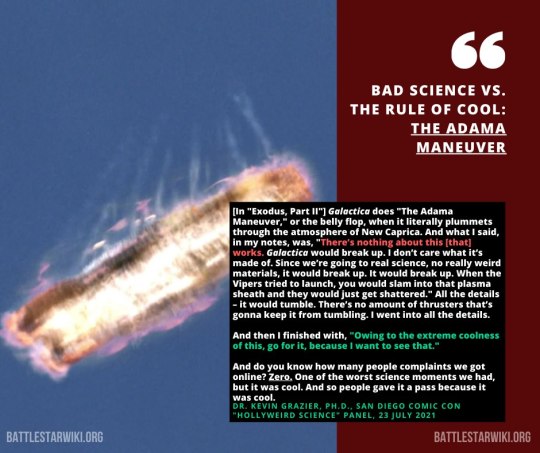Mad Swede
 Auror
Auror
There is, but suspending belief is easier when your readers (or viewers) don't know enough science to appreciate that something is implausible.That's why I said, 'plausible.' There is a difference between suspending disbelief and taking it bungee jumping.
It's like the war hammer you pictured at the start of this thread (or indeed a big mace or large battleaxe). As a weapon, it is plausible, but you would leave yourself open to a parry and riposte when you swung it hard enough to do damage. That's because the hammer needs the momentum (weight and velocity) to do damage when it hit the target, and once you start a swing like that you don't have much control because of that momentum. You can swing a hammer like that in a much more controlled manner, but then it won't have as much power behind it when it hits the target. But most readers won't know that so in conjunction with the general image of dwarves in fantasy literature you can get away with suspending your readers belief and so have some fairly implausible fight descriptions.
Interestingly, suspension of belief and plausibility is something C S Lewis (of all people) lampshades in Prince Caspian when he describes the sword fight between Edmund and Trumpkin.



 Myth Weaver
Myth Weaver
 Troubadour
Troubadour